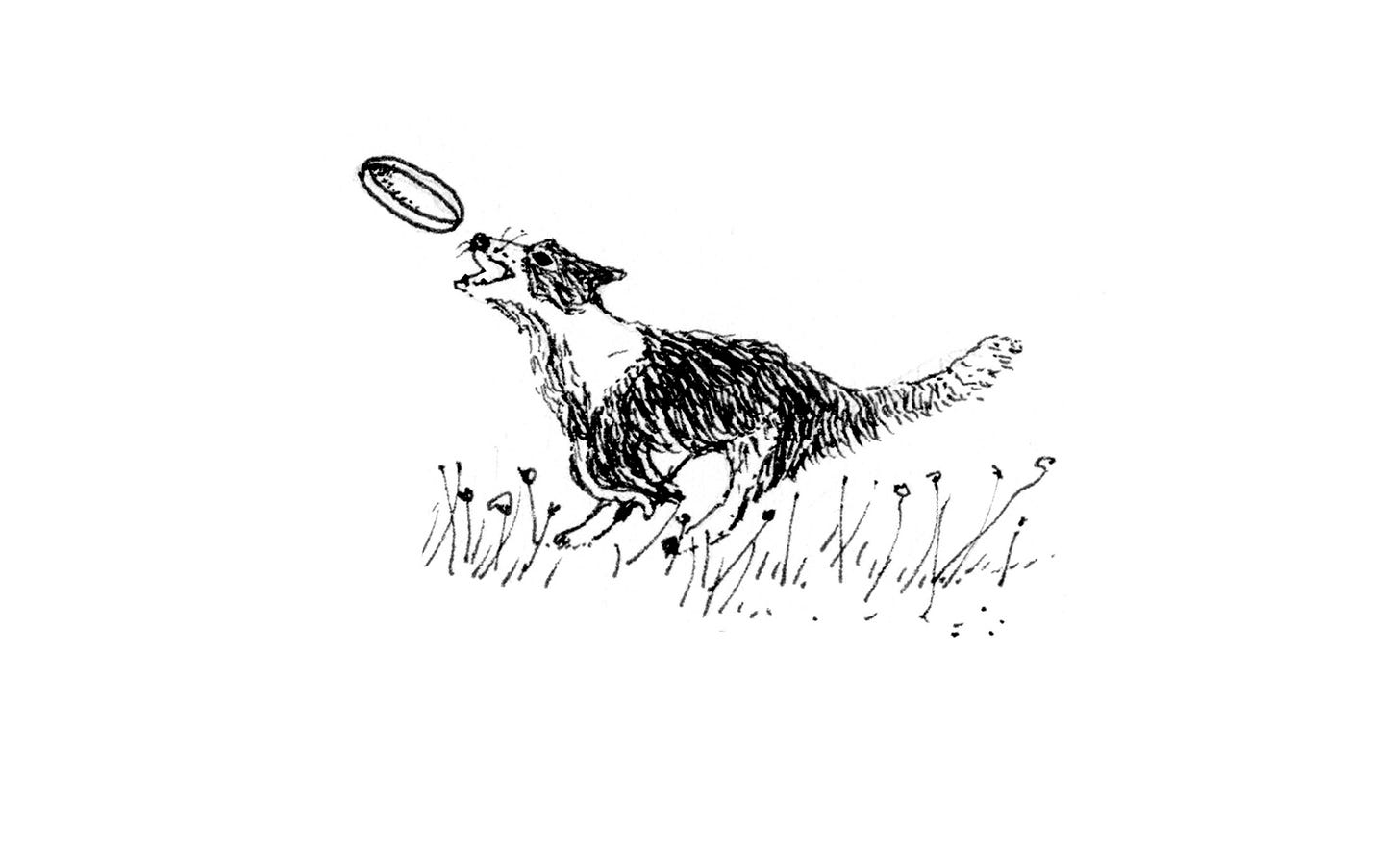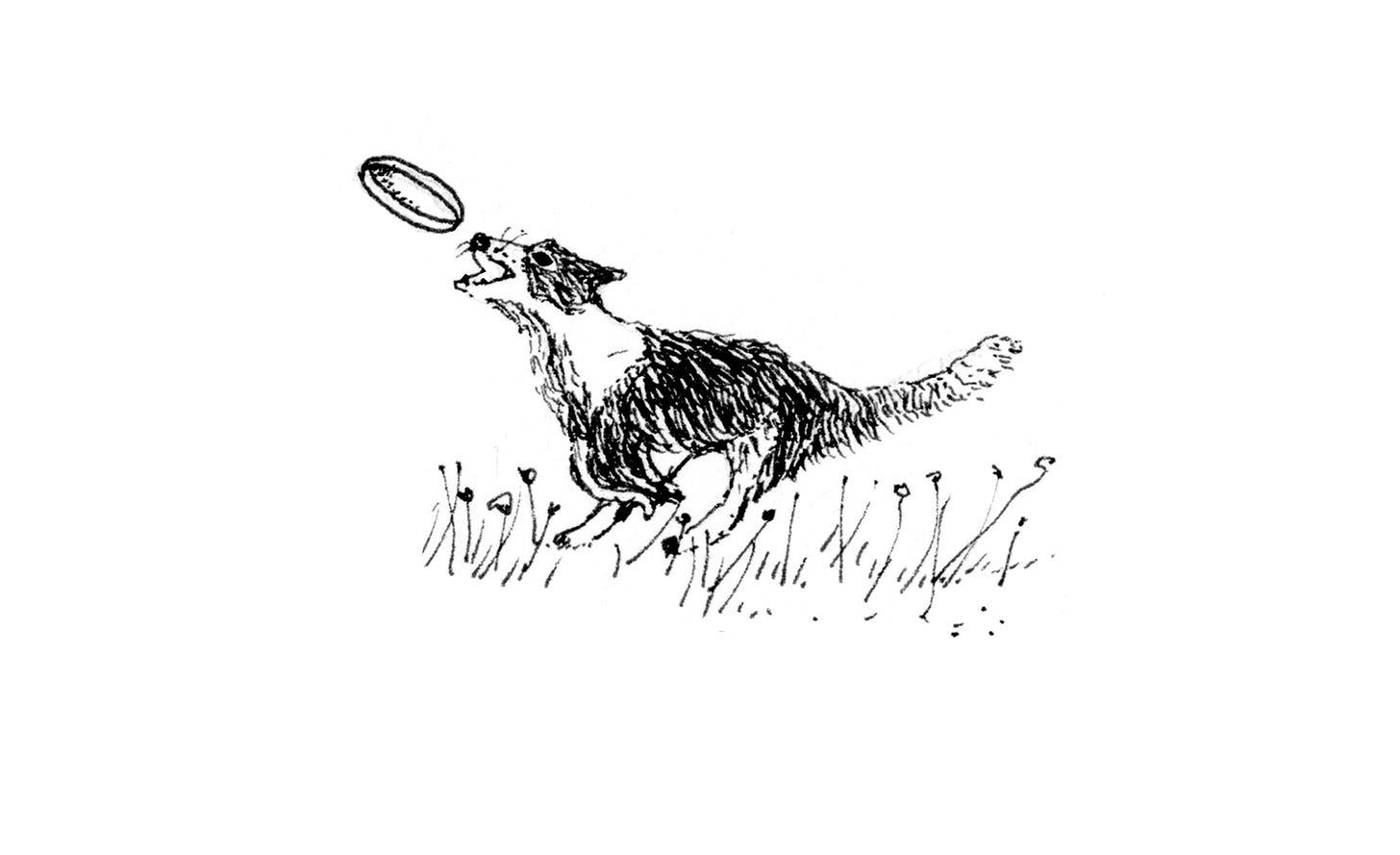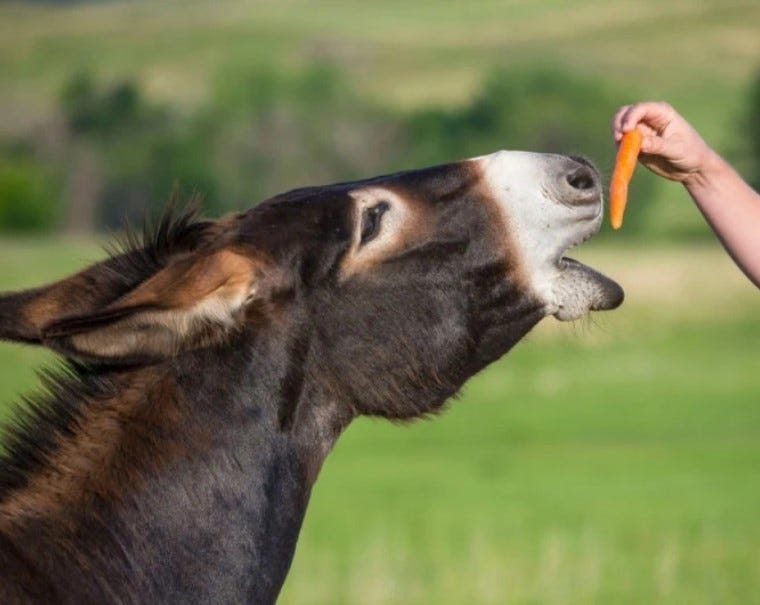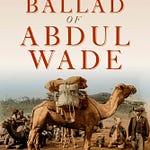In his book, Work: A History of How We Spend Our Time, anthropologist James Suzman takes his reader through the human history of work. He argues that the concept we hold today of work is very different to that which has been held for the majority of human history and that never before has work occupied such a central role in our lives, never before have concepts such as status, identity and happiness been so closely associated with work.
Throughout most of human history work has been a means of satisfying our survival needs. Whatever time was left over was dedicated to satisfying our other human needs through the pursuit of hobbies, leisure and rest.
That all started to change in the 1760s when the invention of machines kicked off the start of the industrial revolution. With the machines, and the need to pay for them and make them profitable, came the notions of productivity and profit.
To run the machines, preferably non-stop, the factories needed workers: men, women and children were all suitable. Work was arranged around a 6-day working week, each day a cool 14-16 hours long.
From 1760 to 1860, the sugar and cotton mills of Britain and the US were supplied by the fruits of slave labour in the American south and the Caribbean. Nothing was more profitable than free, forced labour.
We need not look as far back or as far away to find examples of the corrupting influence of profit and productivity. In Australia, mainly at Broome and Darwin, companies were enslaving indigenous men and women to collect pearl shell in the 1800s. When that brutal practice was outlawed, the companies then started to import men from Asia, mainly Japan and Indonesia, to replace the Indigenous workers.
These men came into Australia as indentured labourers on three-year contracts. It’s an obfuscating term, indentured labourer, but it is akin to slavery. The workers lived in segregated areas of the towns and were prohibited from entry into cinemas and pubs and hotels. They were also prevented from travelling below the 27-degree latitude line that runs across northern Australia (it runs almost through Brisbane), lest they contaminate the white population. If it had happened in South Africa, it would have been known as apartheid.
The men were brought into Australia because white people wouldn’t do the work, not at the rates of pay that would make the industry profitable. The highly dangerous nature of pearl diving is evidenced by the thousands of graves in the Broome cemetery, most dying from the bends, or decompression sickness. But that was not the only danger. Men who refused to work could be imprisoned and their wages confiscated, sometimes both. The employers’ right to this punitive action was written into the indenture contracts.
It all sounds very brutal and primitive. But the importation of these men continued right up until the early 1970s. Think about that. While Steve Jobs and Steve Wozniak were founding Apple Inc. in California, some Australian businesses were importing workers and imprisoning them if they didn’t go to work. All in the name of productivity and profit.
Eventually, labour unions, activists, laws and revolutions put an end to what I call the Age of the Stick, an age that saw businesses use any force necessary to extract profit and productivity from their human resources. But remember, none of these businesses put away their sticks voluntarily, the sticks were taken from them.
A few weeks back I read with interest a news article claiming that the 9 to 5 office workday was dead. It reported that 50% of respondents to a recent survey had said that they would prefer to quit than remain in a job that requires them to be in an office full time. The article went on to detail the various methods employers are using to retain workers: work from home arrangements, flexible hours and a four-day week. The article was one more piece of evidence that we are living in The Age of the Carrot.
The carrot takes many forms these days: free gym membership, RUOK days, free mental health counselling, in-house kitchens, the workplace creche, the kind of things that you wouldn’t need if your time wasn’t being monopolised and you weren’t being sucked dry in the name of productivity and profit. (I was tempted to add Elon Musk’s supply of beds in the twitter office to this list, but that initiative seems to be the actions of a mad man wielding a carrot like a stick.)
The juiciest carrot that organisations dangle these days is the promise that work can make you happy, that you can find meaning and enrichment and fulfilment in work that offers nothing more than 8 hours in an office cubicle, firing off emails that nobody ever reads or making calls that nobody ever answers, surrounded by people you have nothing in common with. And if you’re lucky, free tim tams in the office kitchen.
No doubt there are many people out there who do find happiness in their work, people who have meaningful employment, but I am also sure that even their jobs do not fulfil every human need they have, that work does not replace the need for hobbies and interests, leisure and family time, and I am sure that they do not want their employer to place a bed in their office so that they never have to leave.
During one of the recent Big Tech layoffs in the US, where thousands of employees were let go, staff received an email asking those not affected to remember their “core value of empathy” if they encounter someone who has been “impacted by the job elimination event.” The use of the words “empathy” and “job elimination event” in the same sentence highlights organisations’ ability to effortlessly swing between human-like and machine-like behaviour depending on the situation.
The idea that our employers want us to be happy is appealing and plays into our tendency to anthropomorphise businesses and organisations, that is we project human qualities onto a non-human object. When an organisation tells us it wants us to be happy, it is a short psychological step to group the organisation with the actual people in our lives who want us to be happy: our family and friends and loved ones, and start to relate to the organisation in a similar way.
The process of anthropomorphising the organisations we work for is one of the reasons we find it so hard to quit jobs, to take holidays when we most need them and it is why we often go the extra mile to keep work happy by coming in early and staying late – we don’t want to let the company down, we don’t want to be seen as being unreasonable, it is as if we were dealing with a trusted friend or family member.
The big difference between organisations and our loved ones is why they want us to be happy. This cult of happiness promotion among organisations has nothing to do with wanting to make your life a bit better, to see you succeed, to create better rounded individuals, or to make you a happier person to send home to your family. No, it is rooted in the numerous academic studies that have found that happy employees were, you guessed it, more productive.
And the moment your productivity drops, or your presence affects profitability, the organisation doesn’t want you to be happy, they want you to be gone. And at that point the human face of the organisation drops and it becomes a machine, shedding, slashing and cutting jobs remorselessly in a mass job elimination event.
Returning to Suzman’s book, Work: A History of How We Spend Our Time, he writes that at some point work became not about earning enough money to satisfy our basic needs but earning money to acquire more things. This need to buy things, for social standing or personal ego, has led to our dependence on work and made us susceptible and responsive to the carrots of the working world.
Suzman suggests that we can remove the central role that work has come to occupy in modern life by addressing the gap in what we think we need and what we actually need. I would also argue that we need to be realistic about what work is and has historically been, a means to an end. If we can admit the possibility that work needn’t make us happy, maybe we can spend more time pursuing the things that do.
A Favour…while there is still time
Every year Dymocks Books asks customers to vote on their favourite books. Books that make their Top 101 list get pride of place in the Dymocks shops for the next 12 months, cover facing out, which is a big deal in the bookselling world. Voting is now open and if you have read (or listened to) The Ballad of Abdul Wade and enjoyed it you can give it a vote for it here: https://www.dymocks.com.au/voting/top-101-voting
Just type in The Ballad of Abdul Wade in the search bar and hit “add”. Your support is very much appreciated.
If you enjoyed this post please leave a comment or hit the heart button. Doing so helps other people find it on Substack (and gives me a pleasant little dopamine hit). Or, if you are feeling really bold, share it with someone you think may also enjoy it. Thanks for stopping by.


















Share this post